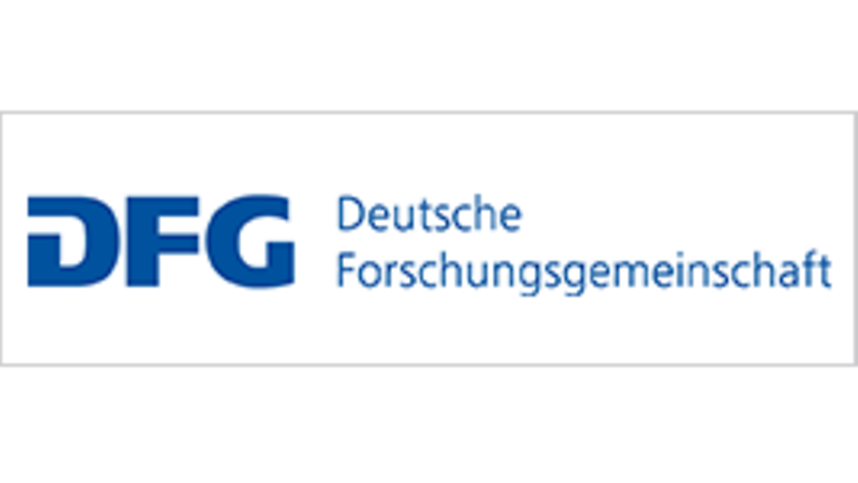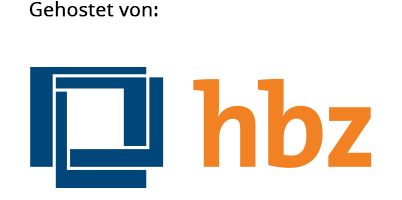Call for Abstracts (Eighth Issue 2026): To become a nurse
Call for Abstracts
Eighth Issue 2026
The European Journal for Nursing History and Ethics is an interdisciplinary Open Access and peer-reviewed e-Journal spanning the Humanities, Nursing Science, Social Sciences, and Cultural Studies. The journal is published online once a year, with each edition having an individual theme and an open section that contains articles on various topics. In addition, the “Forum” and “Lost and Found” sections offer the opportunity to publish shorter articles on current debates or to present remarkable objects, texts, pictures or movies with relevance to nursing history and ethics and to discuss their significance.
The Journal is seeking contributions to
- the open section
- themed section
- Lost and Found
- Forum
Deadline for abstracts: May 31, 2025
Deadline for manuscripts: November 30, 2025
Models of nursing education and training in ethics can vary widely across Europe, depending on how nursing was organized in each country. The path to academization varied greatly and the different manifestations of denominational nursing traditions also had far-reaching consequences. This special issue will focus on these historically-specific developments in nursing education. The aim is to identify and discuss differences in developments, societal and structural conditions. A central topic is the formation of professional and ethical standards for the profession. The question of how to become a “good” nurse has a long history in nursing debates and continues to have relevance today. Even in the early days of nursing training, it was a matter of course that the development of the nurse’s character was as important as the practical and theoretical training. In modern nursing training, the development of an ethical attitude plays an important role alongside the teaching of ethical foundations. The eighth themed issue of the European Journal for Nursing History and Ethics is dedicated to nursing education from a historical and ethical perspective.
Possible historical topics are:
- Which concepts guided nursing training and how did these change over time?
- How did the content of nursing training develop?
- What influence did the developing nursing science have on nursing training?
- How were theoretical and practical training combined? What role did the development of character and an ethical attitude play in the nurse’s formation?
Possible ethical questions to consider:
- How can ethical education and the development of an ethical attitude be taught in the education and training of nurses?
- What conceptual and practical challenges arise in the teaching of ethics? How can these be addressed?
- Which pedagogical approaches and specific teaching methods are particularly suitable for teaching nursing ethics?
- What framework conditions are needed for 'good' ethics teaching?
Please note the following remarks on the concept of the European Journal for Nursing History and Ethics:
The journal creates a dialogue between the history and the ethics of nursing, while providing new impulses for advancing the subfields of the history as well as the ethics of nursing. Historians are asked to include the ethical dimension of the topic into their submitted manuscript; likewise, researchers interested in ethics are requested to reflect on the historical dimensions of their manuscripts. This does not mean that articles on ethics should be preceded by a historical overview in the style of a manual. Rather the latest developments and socio-political debates that have led to the current issues in the ethics of nursing should be put in their historical context and be used in the analysis. Likewise, papers on the history of nursing should address ethical questions within the historical context or refer to current issues in the ethics of nursing. The linking of historical and ethical dimensions is desired in each article, but not a prerequisite for publication. The journal publishes original research both on European history and the history of the reciprocal relationships and connections of European and non-European societies.
The journal only publishes original contributions. When submitting their manuscript, authors are required to declare that their text has not already been submitted or published elsewhere. Publishing in this Open Access journal is free of charge.
Please submit your abstract (max 500 words) in English and separately a short CV by May 31, 2025 to Prof. Dr. Susanne Kreutzer: kreutzer@fh-muenster.de and Prof. Dr. Karen Nolte: karen.nolte@histmed.uni-heidelberg.de





